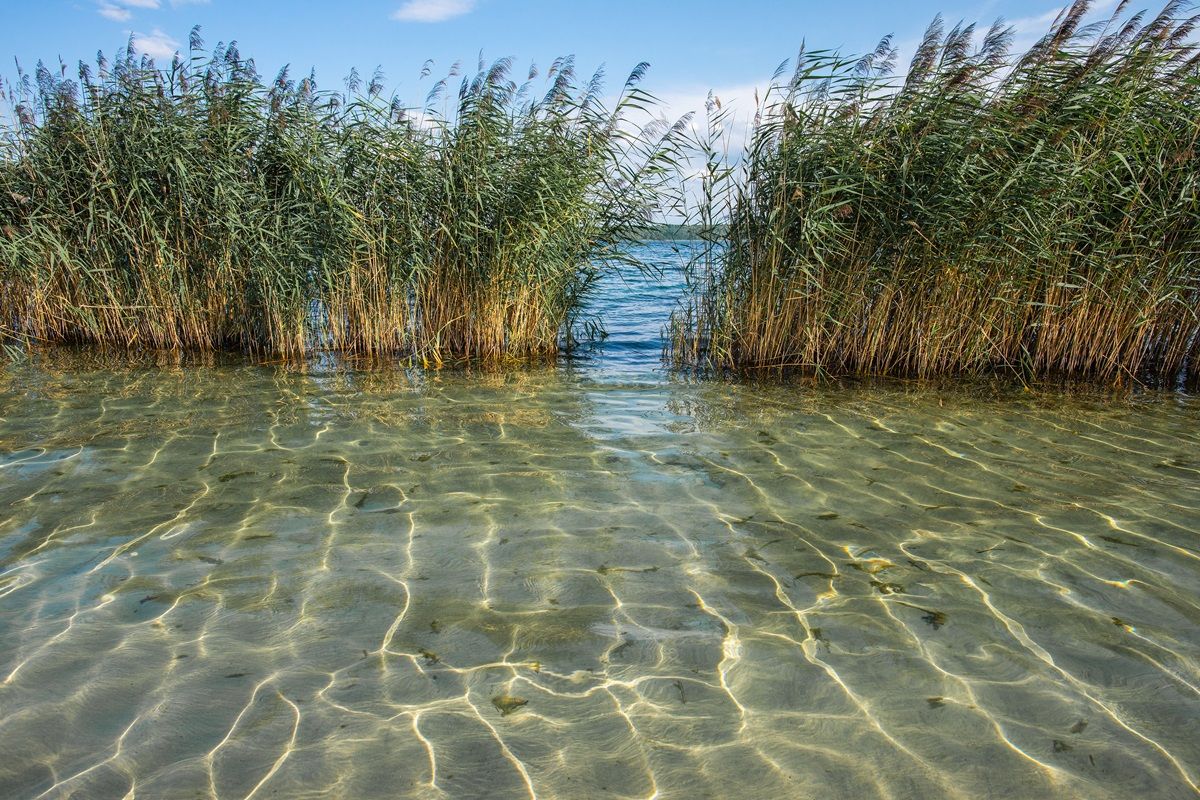Thought your neighbors were annoying? This invasive plant might have them beat.
The common Reed, Phragmites australis, is a non-native invasive plant that has taken over hundreds of thousands of acres of wetlands along the East Coast of the US. The tall grasslike plants are invading marshes and squeezing out native wetland plants. Not only does this decrease natural plant diversity in these habitats, but it reduces food and habitat for wildlife as well.
The reeds suck up more water than the native plants did, and so the marshlands are being transformed into dry, dense fields of reeds, where nothing else can easily grow or live. Scientists at the University of Delaware discovered that the invasive strain of Phragmites uses chemical warfare to kill off its neighbors.
The reeds release a compound called "gallic acid" from their roots into the soil, which disintegrates the roots of neighboring plants, causing them to collapse and die. Non-native strains of Phragmites also secrete toxins, which keeps other plants from growing too close to them; but the higher concentrations of toxin from the non‑native reeds allows them to conquer new territories.
Scientists hope the discovery of the reed's underground toxin will help them find new ways to protect our wetlands from exotic invaders! They are attempting to identify plants that are naturally resistant to the invasive reed's toxins. Perhaps they can preserve native plants, and control the spread of the "killer reed."
Learn More
- Viruses May Help Invasive Plants Conquer New Ranges
- Invasion Of The Knapweed
- The Invasive Jumping Worm
Sources
UD plant biologists uncover top wetland invader’s hidden weapon, University of Delaware
Rudrappa, T, et al. 2007. Root‑secreted Allelochemical in the Noxious Weed Phragmites Australis Deploys a Reactive Oxygen Species Response and Microtubule Assembly Disruption to Execute Rhizotoxicity. Journal of Chemical Ecology. 1898‑1918.










